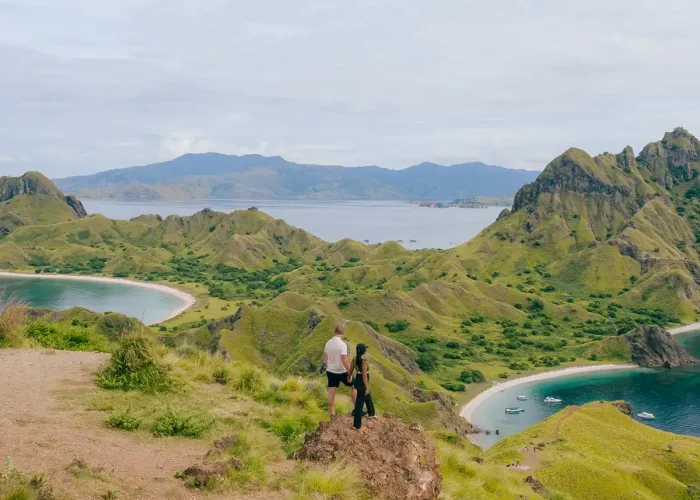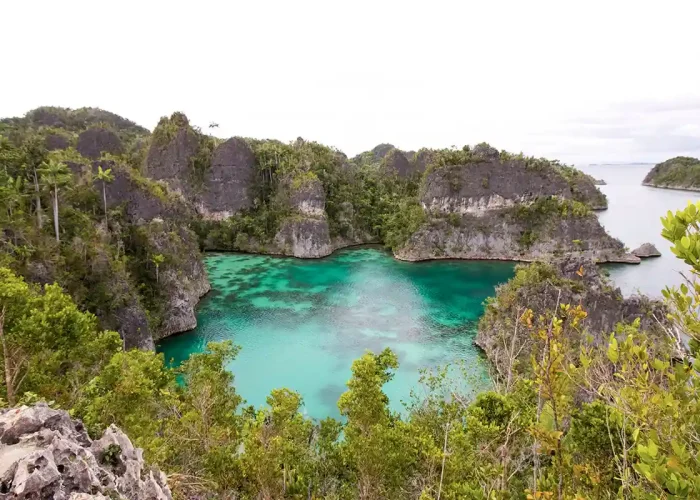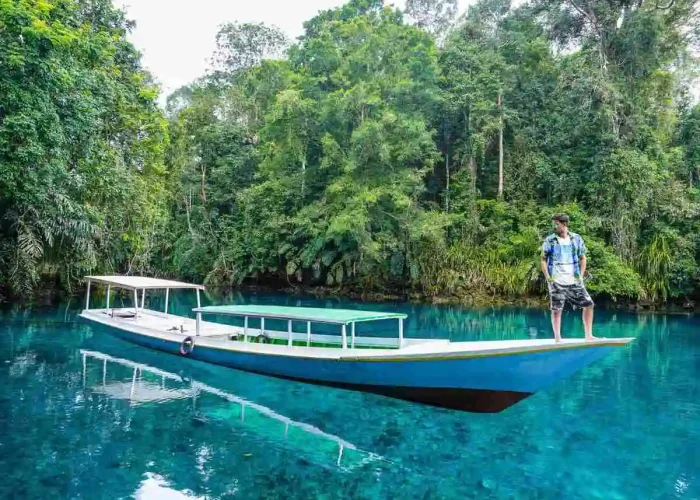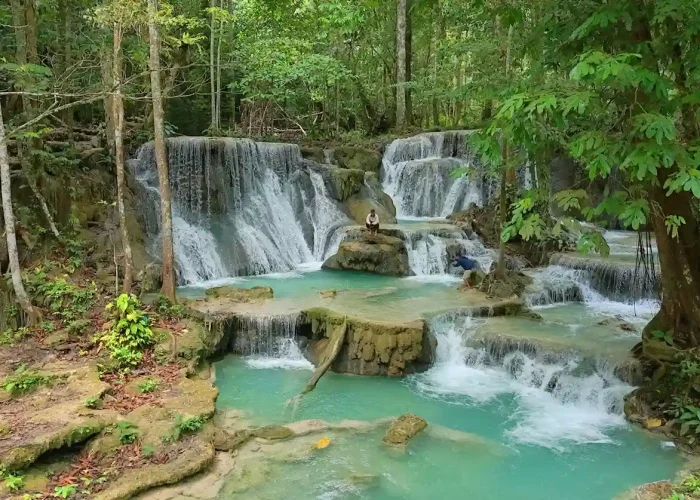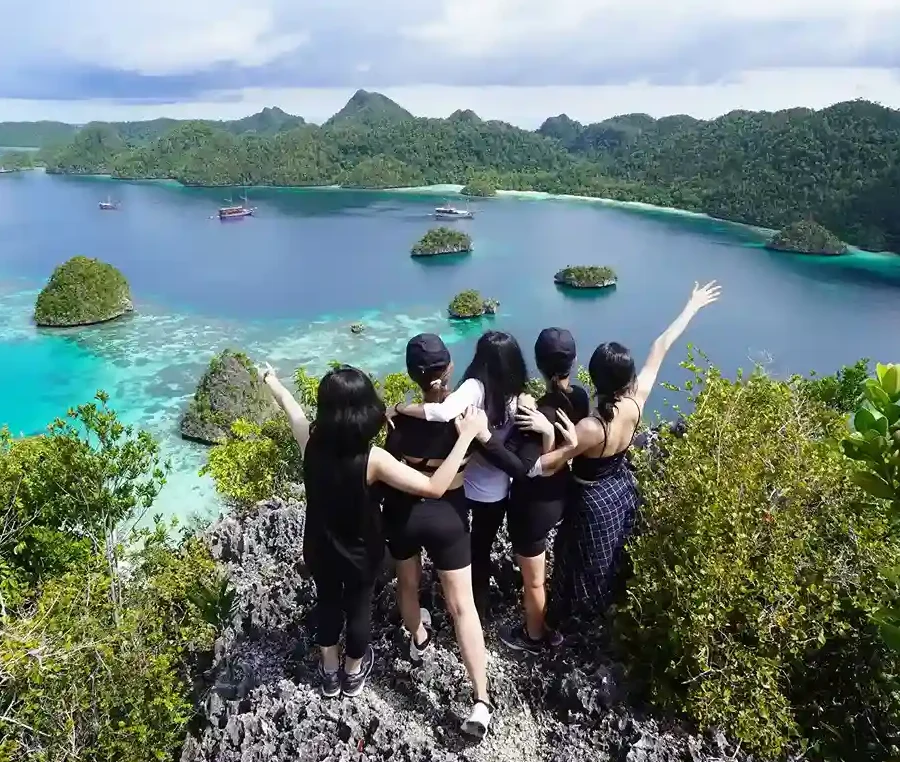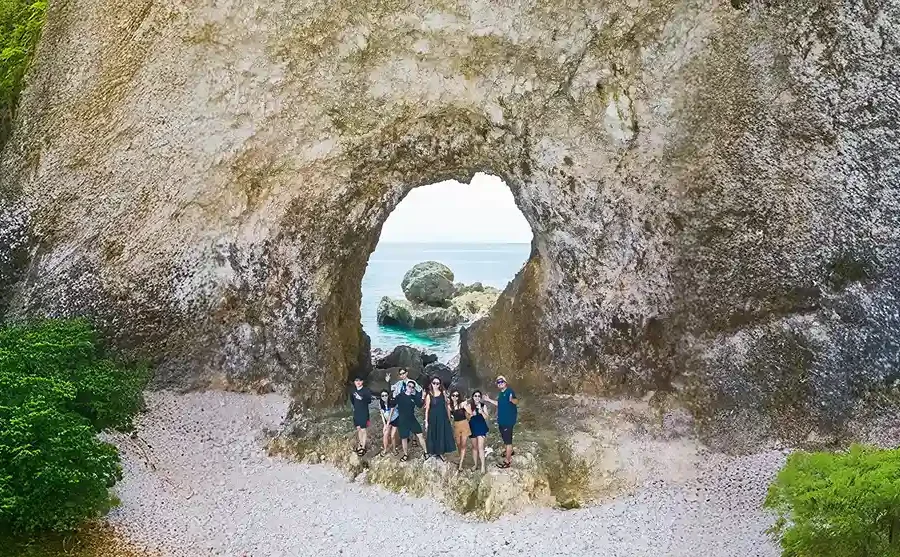Ever Wondered What It’s Like to Witness Ancient Ceremonies Passed Down Through Generations? Indonesia is a land rich in cultural diversity, and every region offers something unique to discover. One of the most culturally vibrant islands is Sumba in East Nusa Tenggara, where traditions and ancestral rituals are still deeply preserved and practiced in daily life.
In this article, you’ll get to know eight of the most unique and meaningful traditions that define Sumba culture. If you’re interested in authentic and immersive cultural experiences, keep reading to dive deeper into the living heritage of this beautiful island.
Table of Contents
8 Unique Cultural Traditions in Sumba
Every region in Indonesia has its own way of preserving its ancestral heritage, and Sumba is home to many fascinating rituals. From sacred ceremonies to lively communal festivals, these eight cultural traditions showcase the timeless richness of Sumba culture.
1. Belis Ceremony: A Symbolic Wedding Dowry
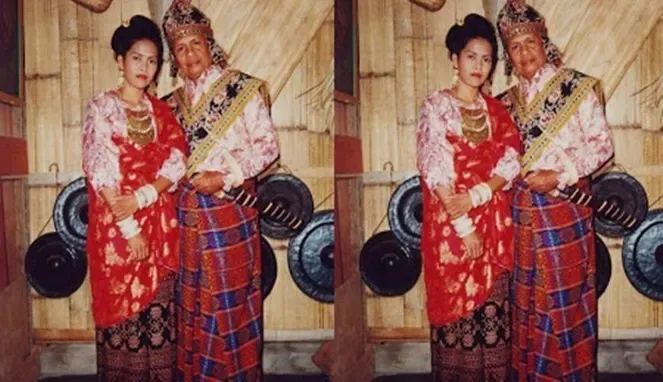
Cultural ceremonies in Sumba are among the most captivating experiences when visiting the island. One particularly fascinating tradition is the wedding ceremony, which follows a long and meaningful series of steps.
A key ritual in Sumba weddings is Belis, where the groom’s family offers a dowry to the bride’s family. This is a sign of respect and gratitude for raising the woman who will become the groom’s wife. Belis usually takes the form of animals such as horses, cows, or even elephant tusks. The number of animals, typically between 5 and 30, reflects the social status of the bride’s family: the more given, the higher the perceived status.
2. Nyale Ritual
The Nyale ritual marks the beginning of the famous Pasola ceremony. Nyale are colorful sea worms that locals catch along the shore and often cook with grated coconut. This ritual, part of East Nusa Tenggara’s ancestral customs, is held to predict whether the year’s harvest will be abundant. According to Rato Waigali from Mawu Hapu Wanokaka, the more Nyale that appear, the better the agricultural outlook.
During the ceremony, two Rato (traditional priests) walk toward the beach to call the Nyale to surface. If the worms are plentiful and plump, it is taken as a sign that the Pasola ritual has received divine blessing.
3. Pasola Horse Festival
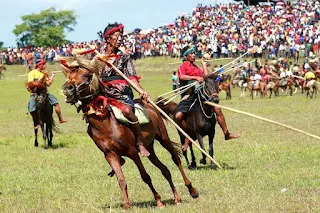
Pasola is one of the most thrilling traditional festivals in Sumba. It involves a mock battle where warriors on horseback hurl wooden spears at each other, symbolizing ancient tribal wars.
The scene is dramatic, with fast-paced horse riding and graceful spear throwing. Over time, the spears used have been dulled to prevent serious injury. Held in West and Southwest Sumba, Pasola is a sacred ritual carried out by followers of the Marapu belief system. Sumba people believe that Pasola brings blessings for the coming harvest and serves as a way to honor their ancestors.
4. Marapu Funeral Ceremony
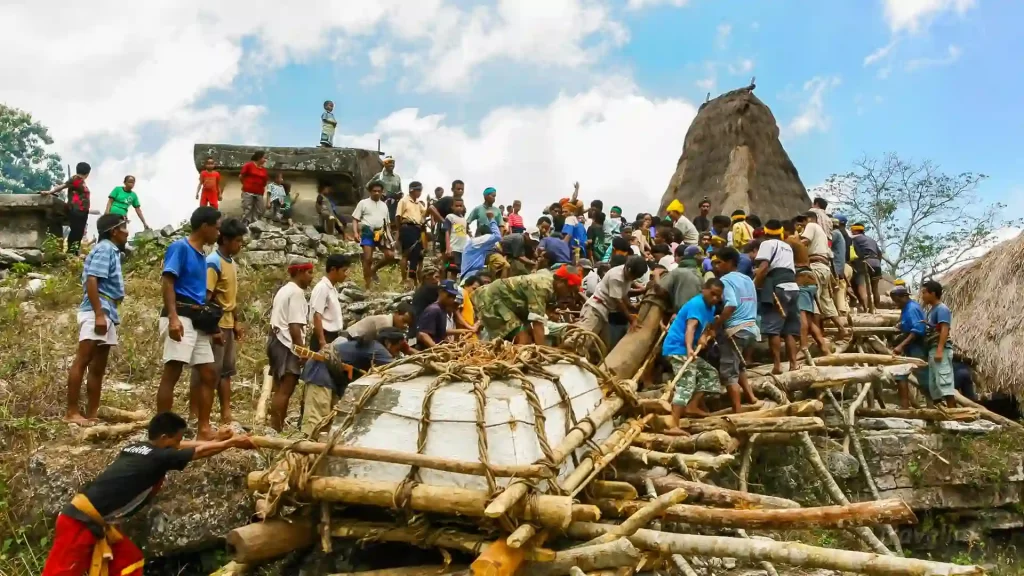
Beyond weddings, the Sumbanese have a deeply spiritual way of saying goodbye to their loved ones. The Marapu funeral ceremony is regarded as sacred and involves a unique process. It begins with placing the deceased in a fetal-like position, symbolizing the return to the womb. The body is then laid in a round stone grave, which is sealed with a large rock.
The immediate family invites extended relatives to offer gifts such as gold, woven fabrics, and sacrificial animals. The burial process can last for weeks, or even up to six months, depending on the family’s preparation.
5. Pahilir Tradition
Pahilir is a unique social custom in Sumba that revolves around respectful avoidance. It applies to daughters-in-law avoiding their fathers-in-law, sons-in-law avoiding their mothers-in-law, and between in-laws of the opposite sex.
Those who observe Pahilir avoid direct communication, physical contact, and even sharing personal belongings. This tradition is rooted in the cultural values of East Nusa Tenggara, where maintaining appropriate relationships is essential. While it may seem strict, its purpose is noble: to uphold moral boundaries and prevent inappropriate connections.
Read more: Getting to Know the Marapu Tradition: Sumba’s Spiritual Heritage
6. Heringu Kanigi: Singing and Dancing During Rice Planting

Although rarely practiced today, Heringu Kanigi is a joyful agricultural tradition once commonly performed by Sumbanese women during rice planting season.
As they worked the fields, women would sing cheerful songs and dance in unison, expressing gratitude and hope for a fruitful harvest. This communal act not only lifted the spirits of fellow farmers, but also symbolized harmony with nature and divine blessing for their labor.
7. Happa: The Ritual of Chewing Betel Nut
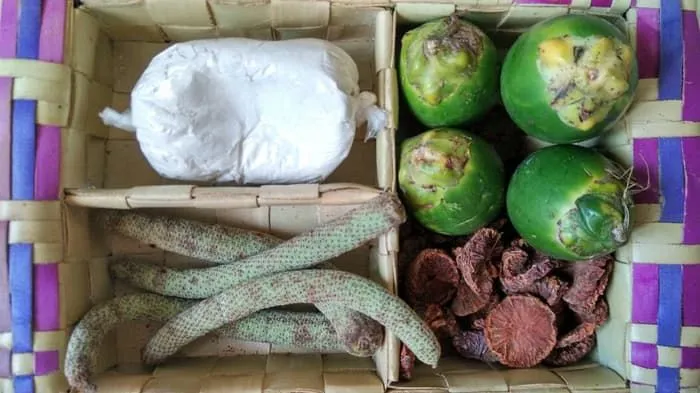
In Sumba, chewing betel nut, areca nut, and lime powder, a tradition known as Happa, is a daily habit among locals. The practice involves chewing young areca nuts with their skin still intact. The taste is intense: hot, bitter, and slightly spicy.
But chewing betel nut isn’t done casually, it requires technique. Swallowing the juice is a big no, as it can cause dizziness, nausea, or even a rapid heartbeat. After chewing, your saliva and teeth will turn red! Would you be brave enough to try it?
8. Nose-Kissing Tradition

The nose-kissing greeting, also known as Hange’do, is a heartfelt tradition in Sumba and the nearby island of Sabu. It’s a gesture of affection exchanged between close relatives, long-lost family members, or even between communities as a symbol of peace.
People usually perform this greeting by touching noses, followed by warm hugs. Even former Indonesian President Joko Widodo once participated in this tradition during a visit to Sumba, showing just how significant it is to the local people.
Read more: Wulla Poddu: A Sacred Ritual in West Sumba
Explore the Beauty of Sumba Culture with IndonesiaJuara Trip
From harvest ceremonies to wedding rituals, from social customs to sacred farewells, Sumba proves that culture is not just a relic of the past, but a living, breathing part of daily life. If you’re looking to experience something truly authentic and unlike anything else, Sumba absolutely deserves a spot on your travel bucket list. Join the Sumba Tour with IndonesiaJuara Trip and explore more than just stunning landscapes. You’ll visit traditional villages, witness cultural ceremonies up close, and connect deeply with the living culture of Sumba. This isn’t just a vacation, it’s a meaningful journey into the heart of Indonesia’s ancestral heritage.




